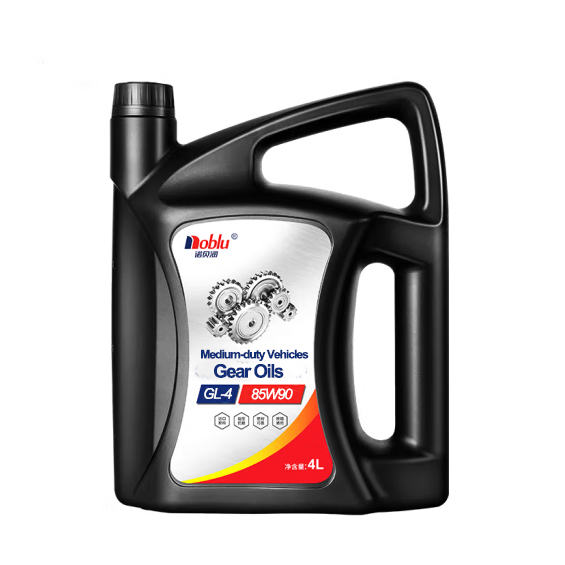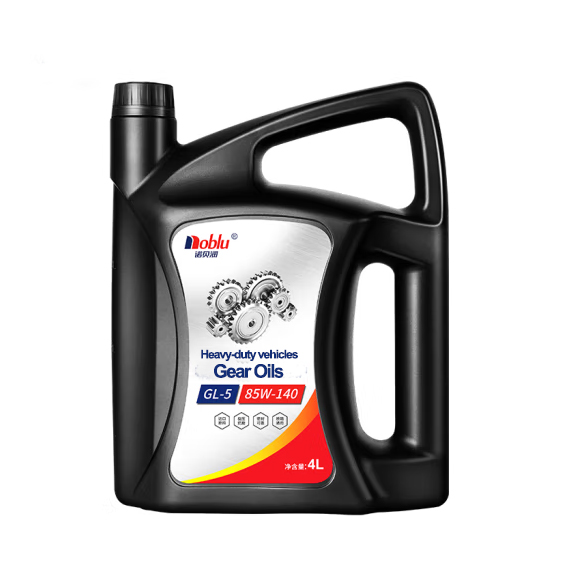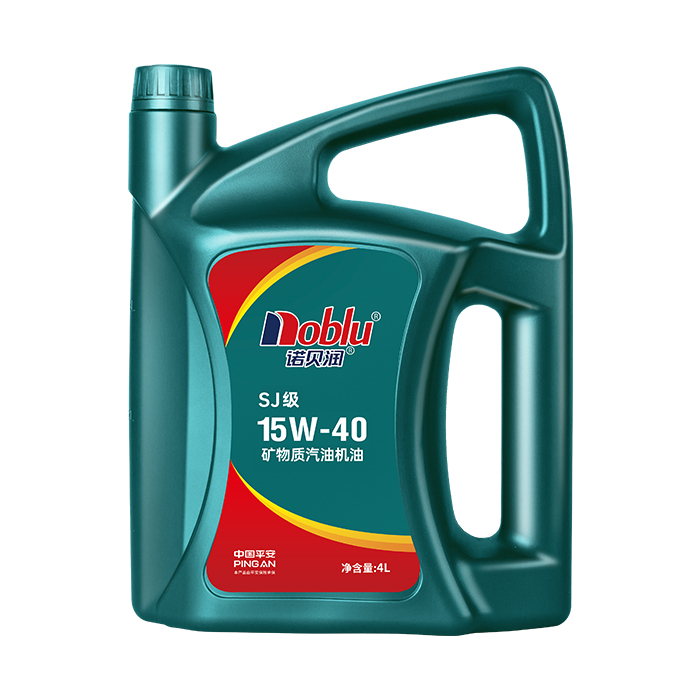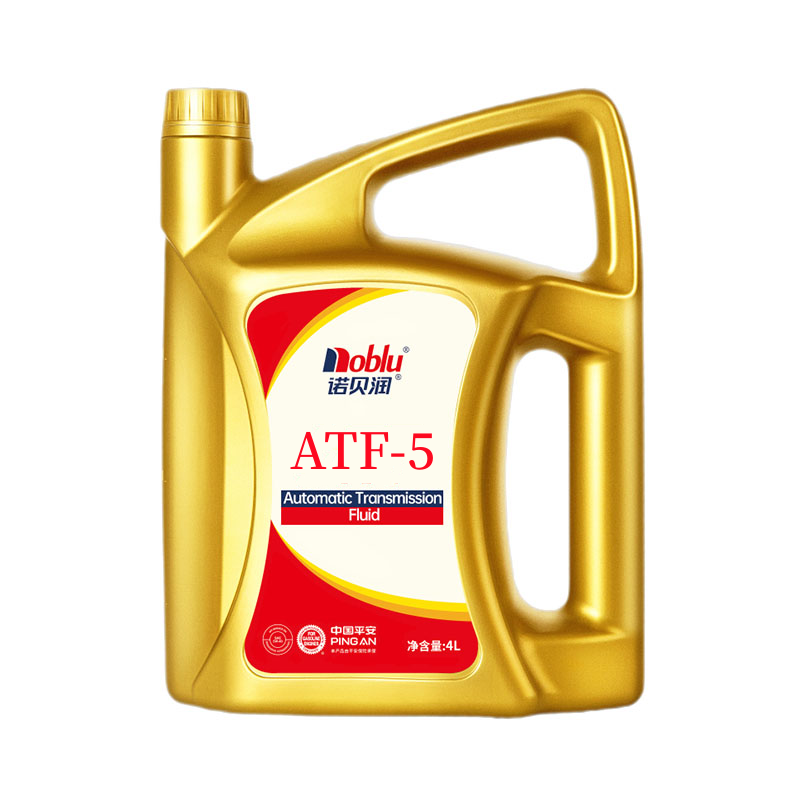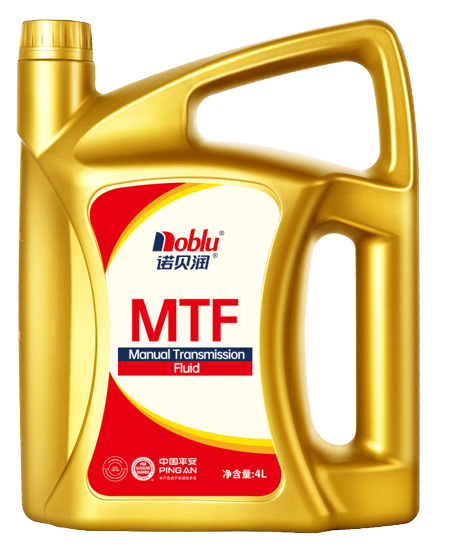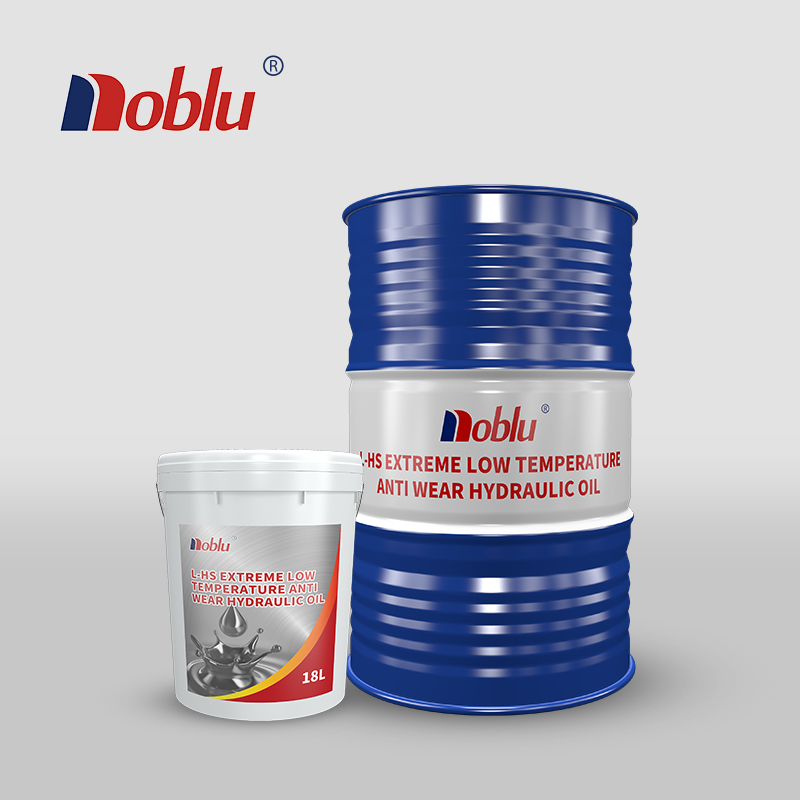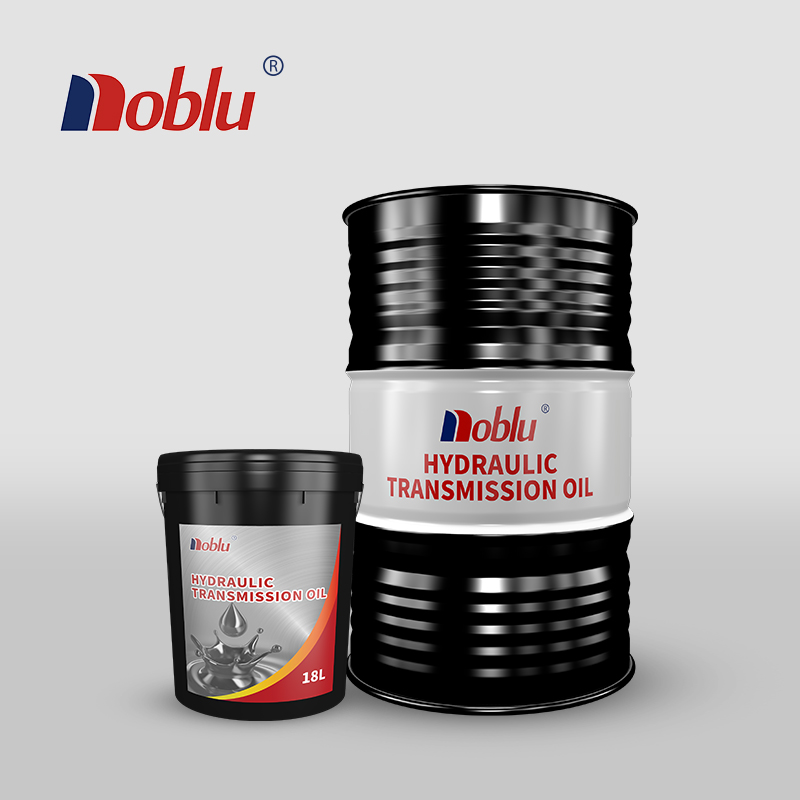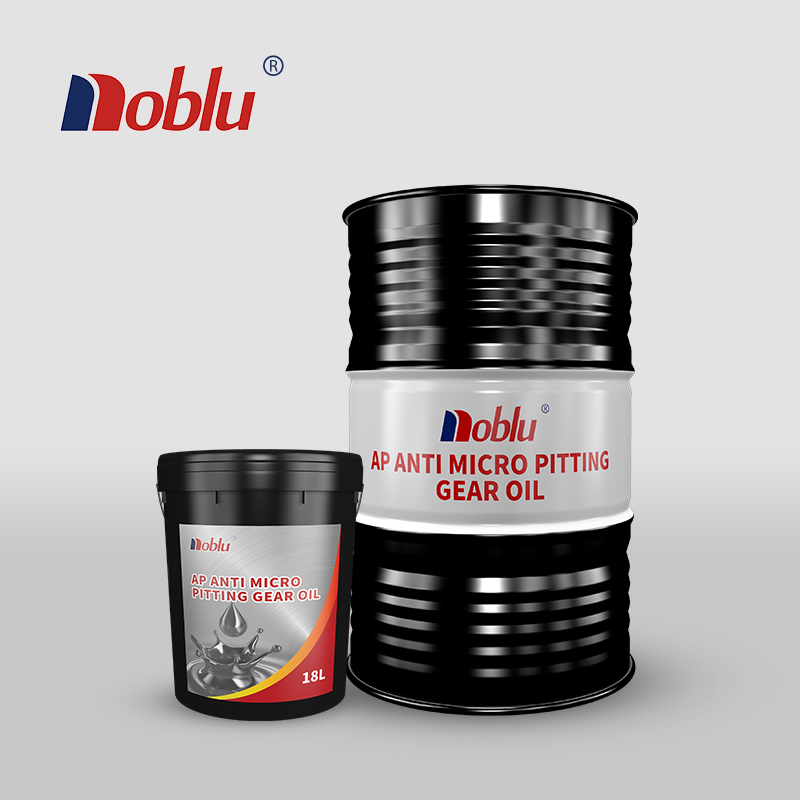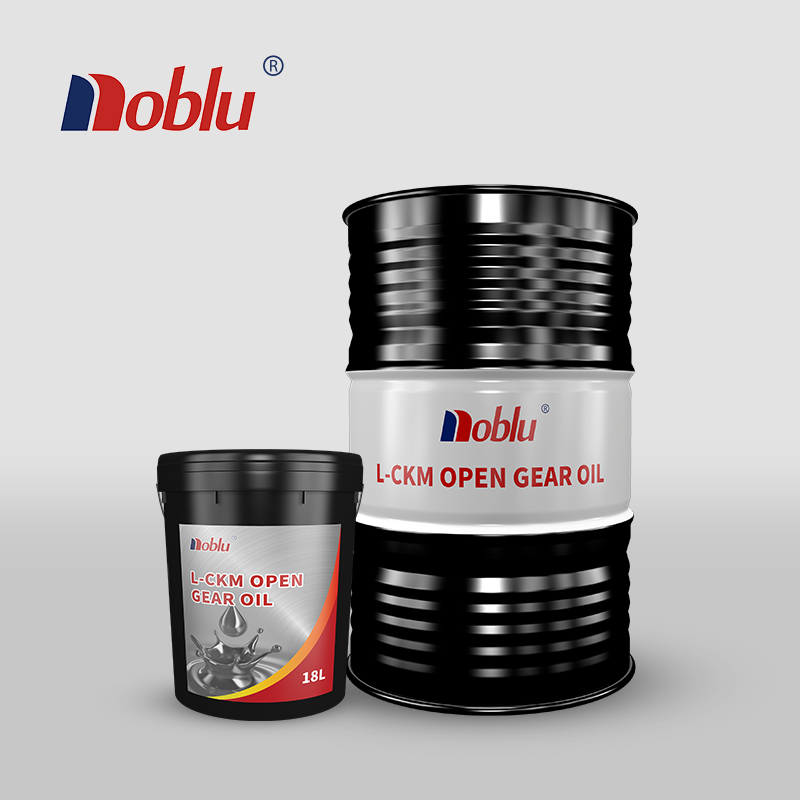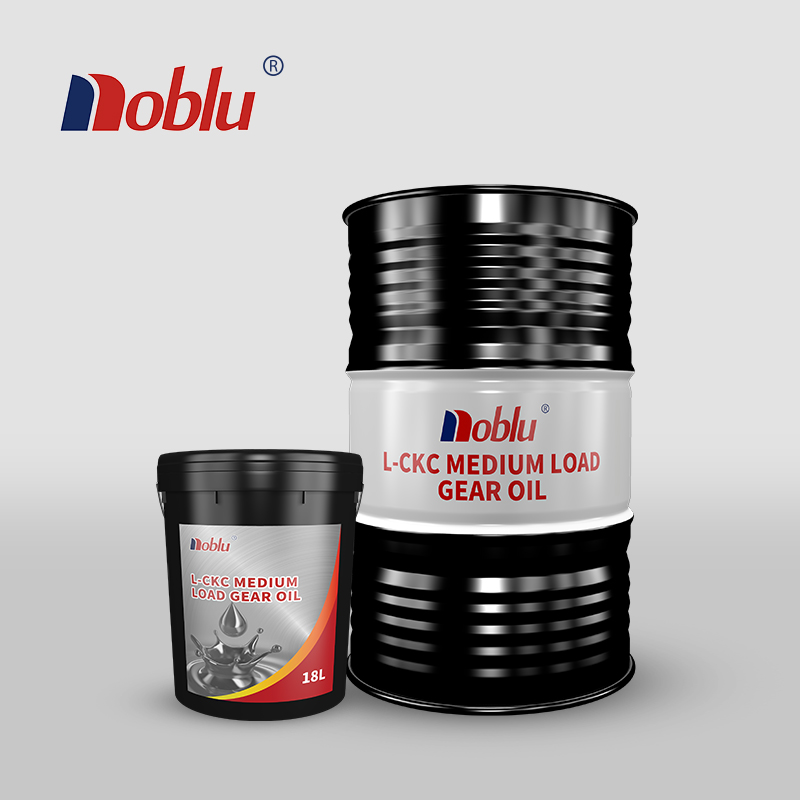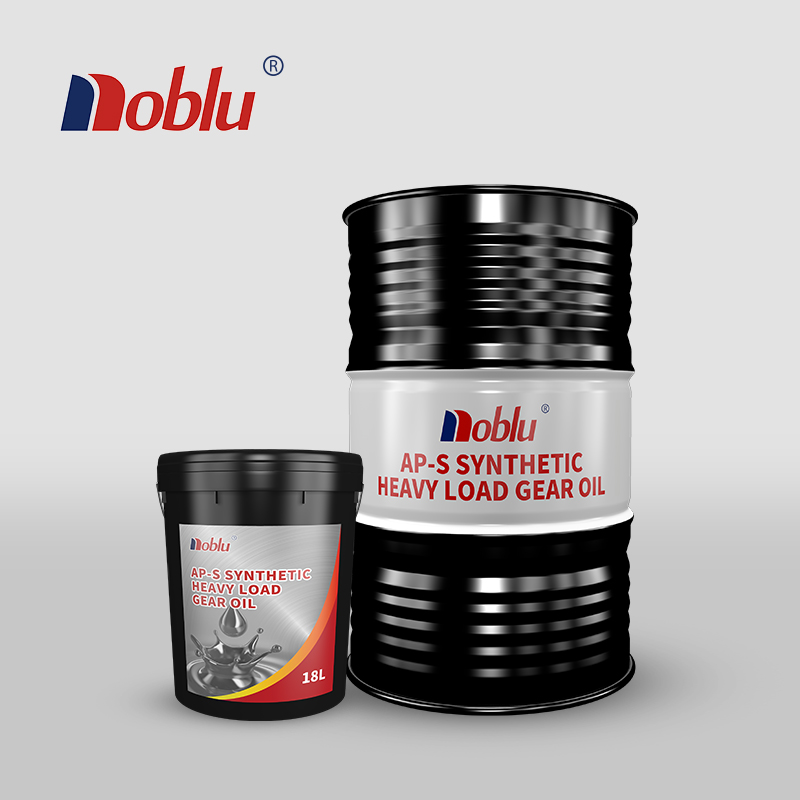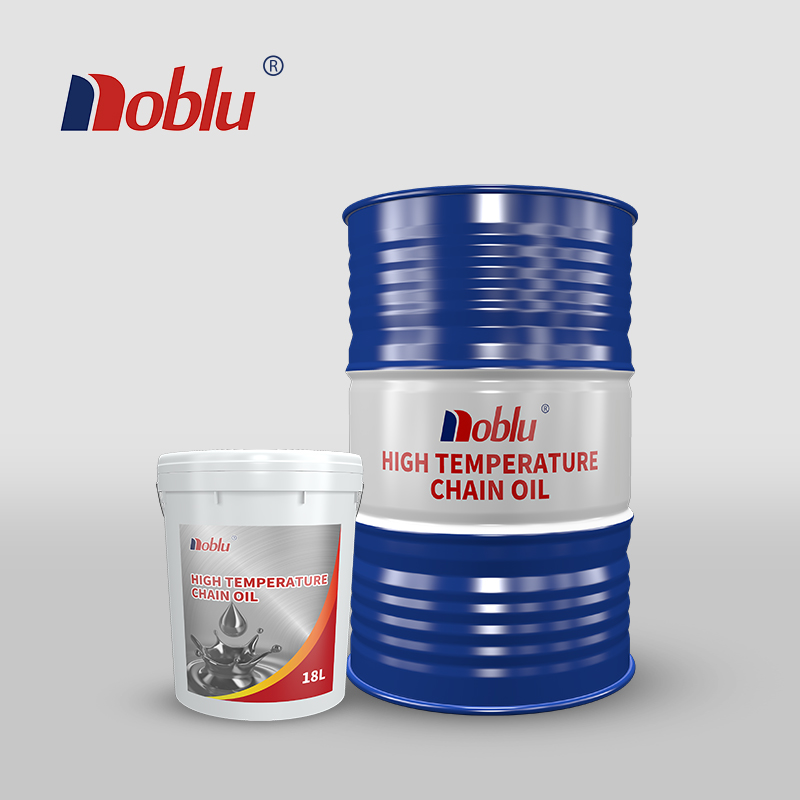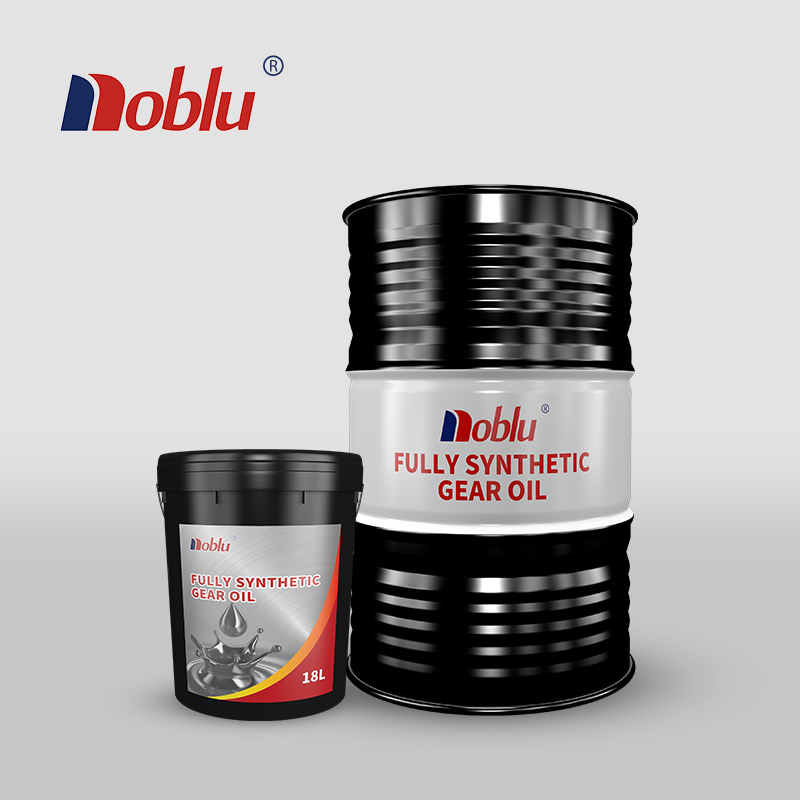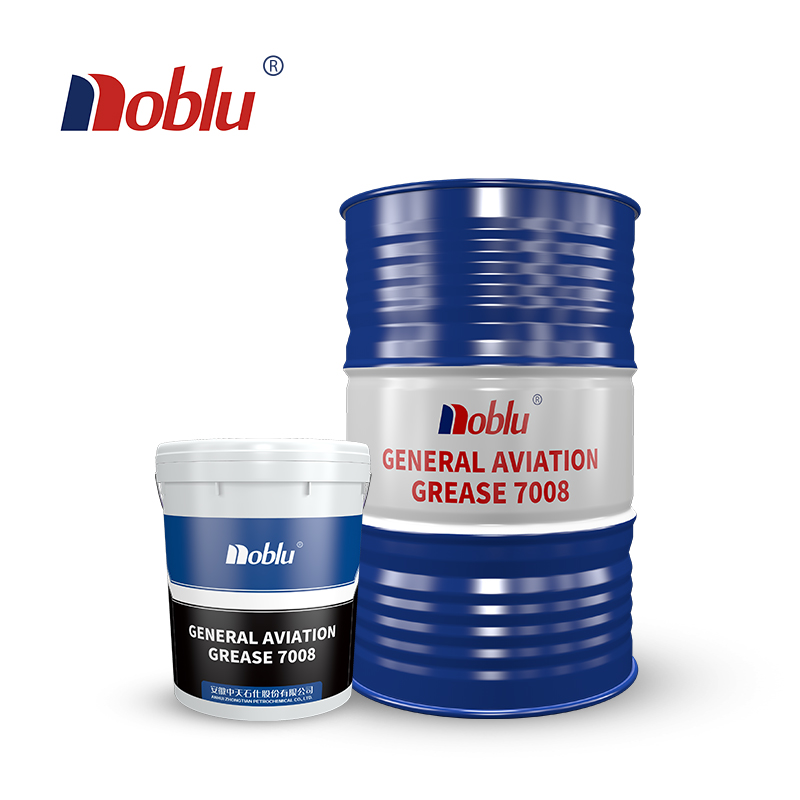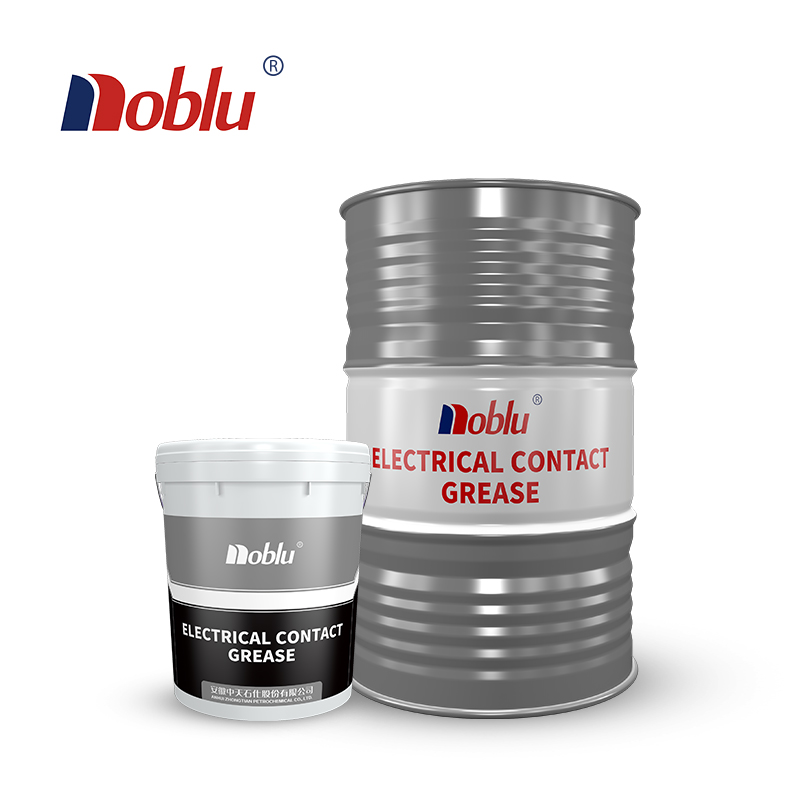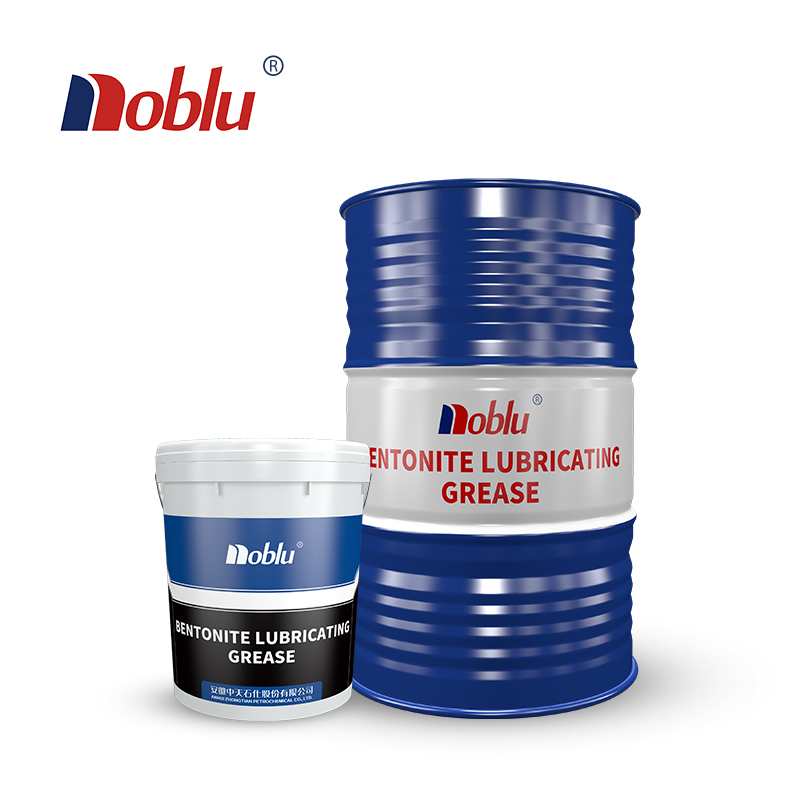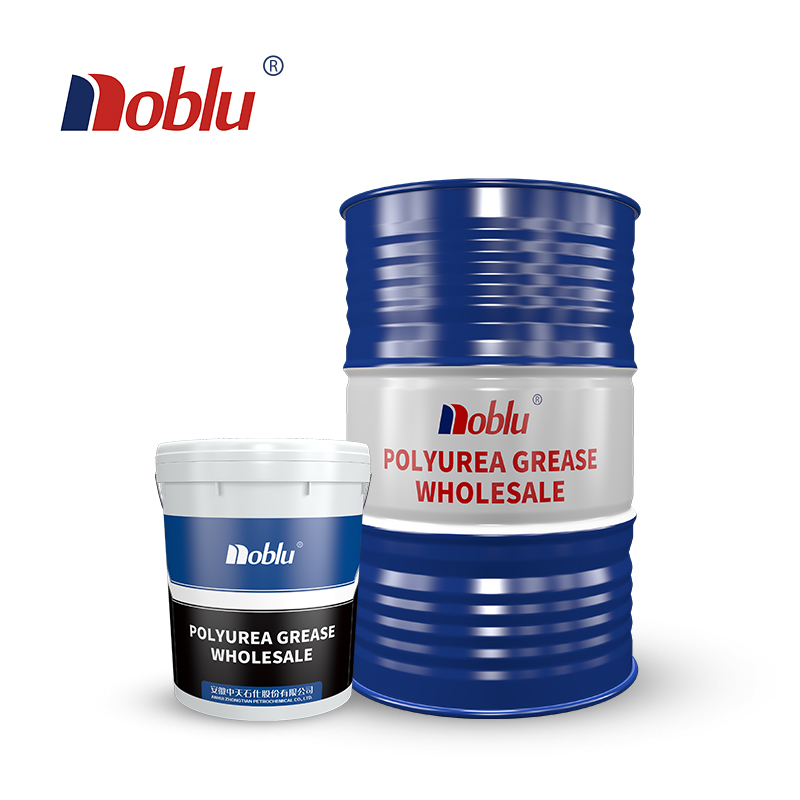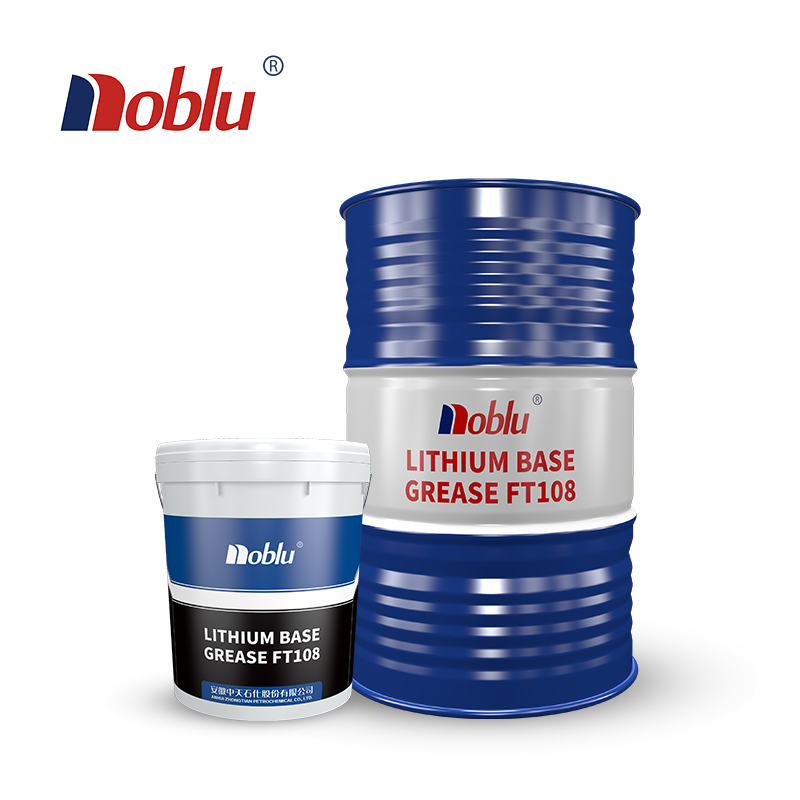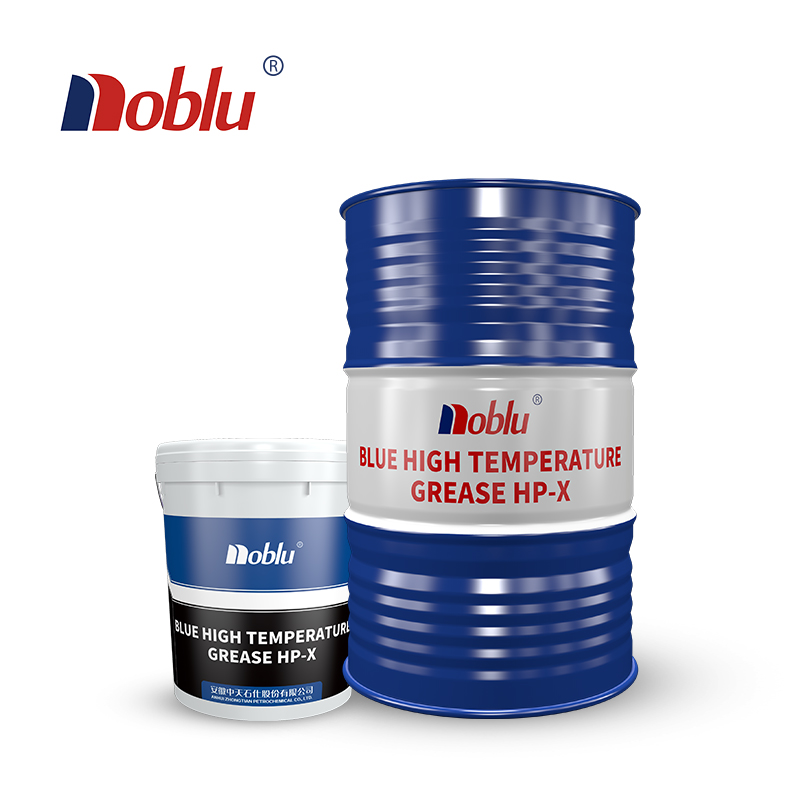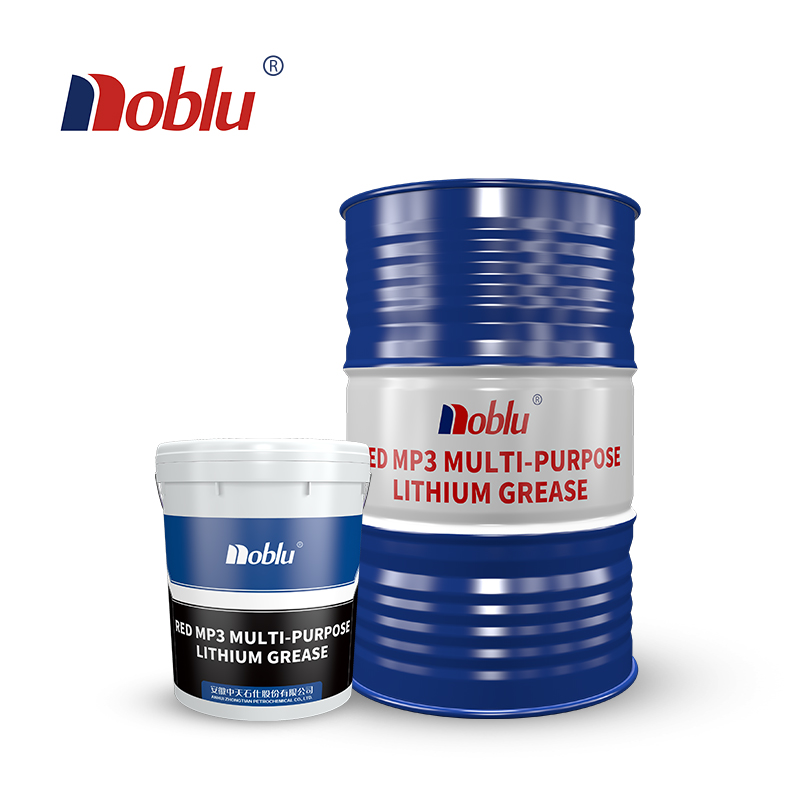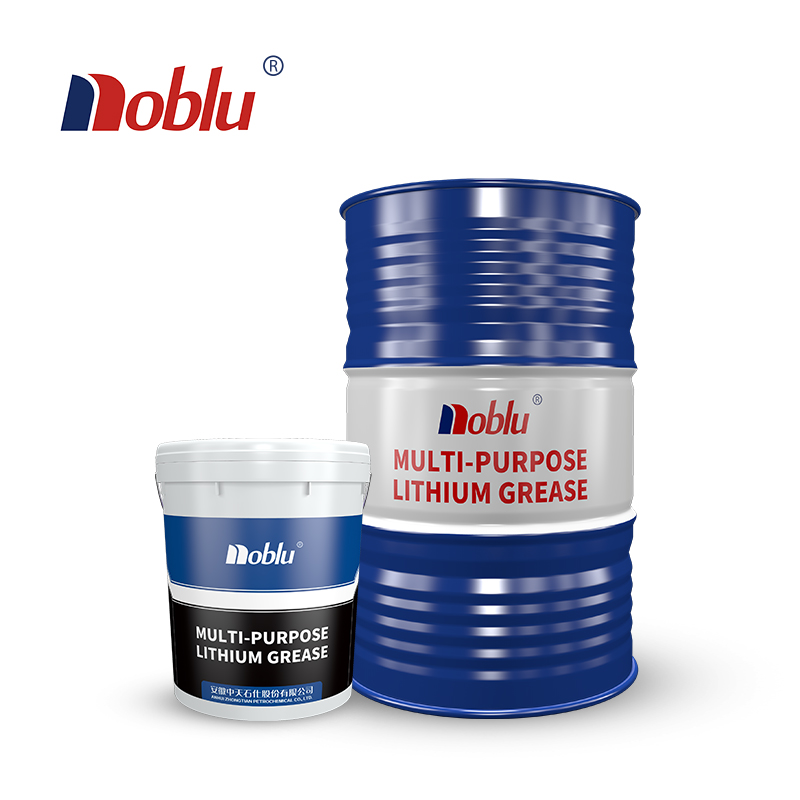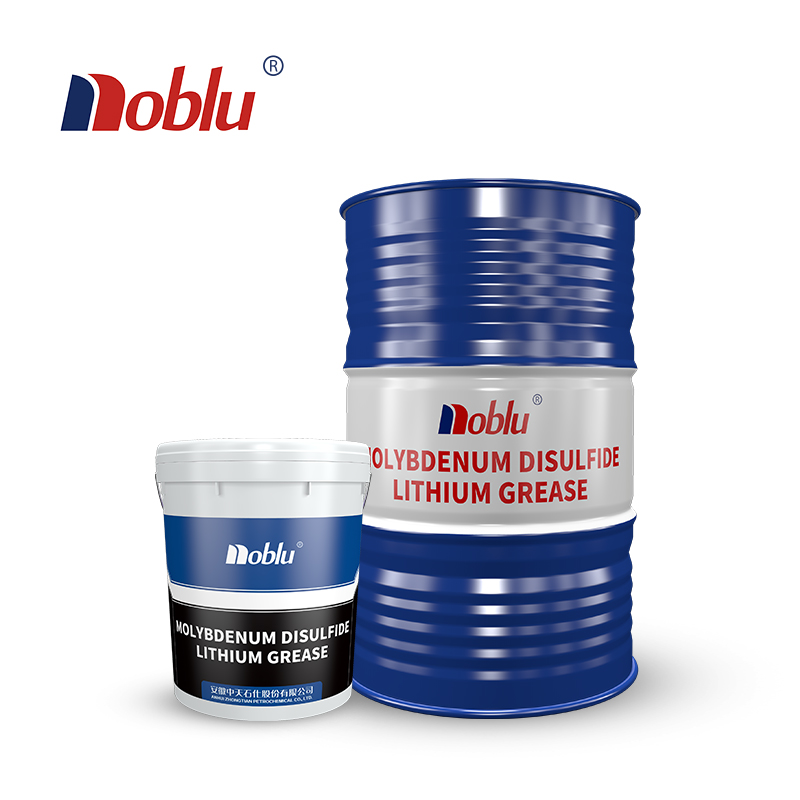Automobile lubricating oil plays a critical role in ensuring the optimal performance and longevity of internal combustion engines. As the lifeblood of the engine, lubricating oil serves multiple essential functions that are vital for the smooth operation of vehicles. In this article, we will explore the significance of automobile lubricating oil and its impact on engine performance.
Lubrication and Friction Reduction:
One of the primary functions of automobile lubricating oil is to provide lubrication between moving parts within the engine. As the engine components such as pistons, crankshafts, and camshafts move at high speeds, they generate friction and heat. Lubricating oil forms a protective layer between these metal surfaces, reducing friction and wear, thereby preventing premature component failure and ensuring the smooth operation of the engine.
Heat Dissipation and Cooling:
In addition to reducing friction, automobile lubricating oil also aids in heat dissipation within the engine. As the oil circulates through the engine, it absorbs heat from the combustion process and transfers it away from critical components, helping to maintain the engine's operating temperature within the optimal range. Effective heat dissipation prevents overheating and thermal degradation of engine parts, contributing to enhanced reliability and longevity.
Sealing and Corrosion Protection:
Automobile lubricating oil also contributes to sealing the small gaps between engine components, such as piston rings and cylinder walls, which helps maintain compression and prevents oil leakage. Furthermore, the oil acts as a protective barrier against corrosion, safeguarding metal surfaces from oxidation and rust formation, particularly during periods of inactivity or exposure to moisture.
Engine Cleanliness and Particle Suspension:
High-quality lubricating oil is formulated with additives that help keep the engine clean by suspending dirt, soot, and other contaminants. This prevents the buildup of harmful deposits and sludge within the engine, ensuring efficient operation and prolonging the life of critical components such as valves, bearings, and oil passages.
Importance of Regular Maintenance:
To ensure the continued effectiveness of automobile lubricating oil, regular maintenance is essential. This includes adhering to recommended oil change intervals, using the right grade of oil specified by the manufacturer, and monitoring oil levels and quality. Proper maintenance not only preserves engine performance but also minimizes the risk of costly repairs and extends the overall lifespan of the vehicle.
結論: Automobile lubricating oil is a fundamental component that directly influences the performance, reliability, and durability of internal combustion engines. By providing essential lubrication, heat dissipation, sealing, and protection against corrosion, high-quality lubricating oil is indispensable for optimal engine function. Through regular maintenance and the use of recommended lubricants, vehicle owners can ensure that their engines operate efficiently and remain in peak condition for years to come.







